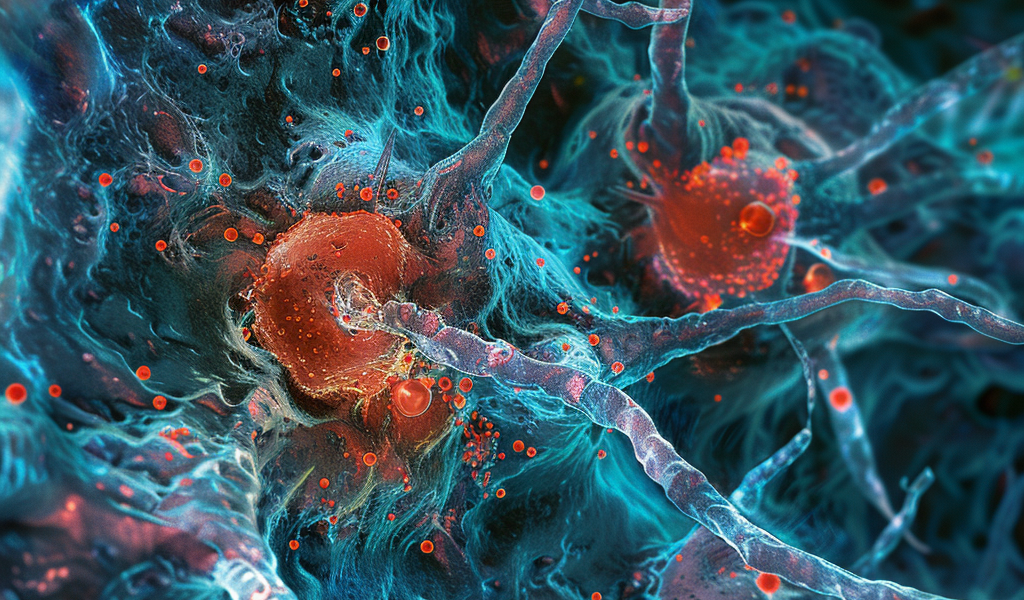A recent study published in Nature has shed light on the metabolic mechanisms that drive the anti-inflammatory effects of glucocorticoids, offering potential insights for the development of new anti-inflammatory drugs.
The research, conducted by a team led by Jean-Philippe Auger and Gerhard Krönke, delves into the molecular processes through which glucocorticoids exert their anti-inflammatory properties. Glucocorticoids are commonly used in the treatment of immune-mediated inflammatory diseases, yet the precise mechanisms underlying their anti-inflammatory actions have not been fully elucidated.
The study reveals that the anti-inflammatory effects of glucocorticoids are intricately linked to the reprogramming of mitochondrial metabolism in macrophages. This metabolic rewiring leads to an enhanced production of the anti-inflammatory metabolite itaconate, which in turn inhibits the inflammatory response. The researchers found that glucocorticoids interact with the pyruvate dehydrogenase complex, resulting in increased activity and an accelerated flux of the tricarboxylic acid (TCA) cycle in pro-inflammatory macrophages.
This glucocorticoid-mediated alteration of mitochondrial metabolism enhances the TCA-cycle-dependent production of itaconate, thereby disrupting the production of pro-inflammatory cytokines. The study also highlights the significance of this metabolic pathway, as artificial blocking of the TCA cycle or genetic deficiency in aconitate decarboxylase 1, the key enzyme in itaconate synthesis, diminishes the anti-inflammatory effects of glucocorticoids.
The findings from this research have far-reaching implications for the development of new anti-inflammatory drugs. By elucidating the metabolic processes that underpin the anti-inflammatory effects of glucocorticoids, the study paves the way for the design of novel therapeutic strategies that target similar pathways. This could potentially lead to the development of more effective treatments for a diverse range of immune-mediated inflammatory diseases.
The study not only enhances our understanding of the mechanisms of glucocorticoid action but also offers valuable insights for the future development of anti-inflammatory drugs. With further research and exploration of these metabolic pathways, the findings from this study could open up new avenues for the treatment of inflammatory conditions, ultimately benefiting patients in need of effective therapies.





